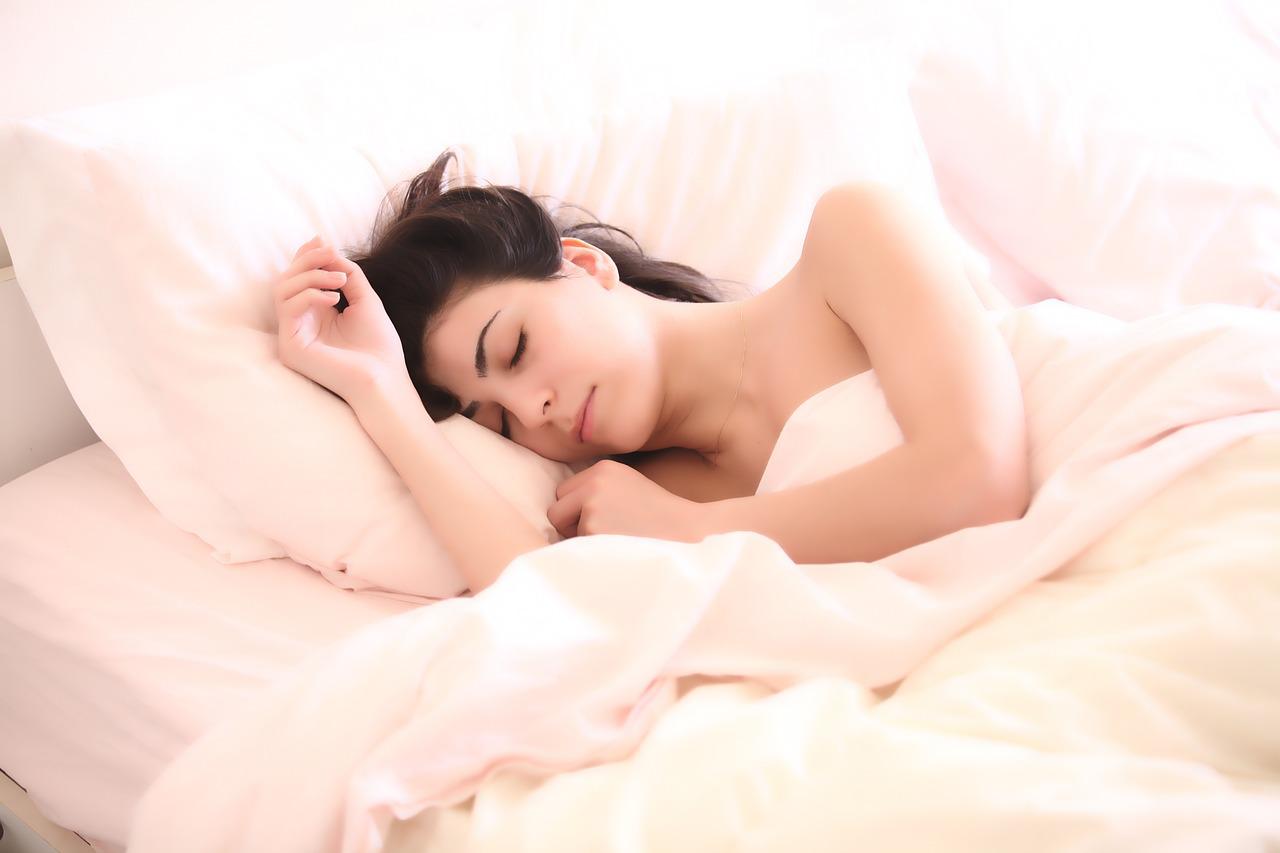1 Unresolved Conflict
Before retiring, try to resolve any stressful conflict especially with loved ones. This will help to reduce your anxiety when going to bed.
2 First and Third party Snoring
First party snooping is the affect sleep deprivation might be affecting the snorer. It can be detected by others or might be the result of continuous tiredness, following a theoretical good nights sleep. This could be caused by Sleep Apnea where you keep waking up all night for a few seconds to take a breath. If you are not sure get checked up by your doctor and get a referral to a sleep clinic for diagnosis and treatment.
Third party snoring involves the snorer keeping a fellow sleeper awake due to the noise. Again conflict resolution and medical intervention are recommended. If the snorer is prepared to sleep alone this can also help both parties.
3 Go to bed cool
Being too hot in bed can keep you awake. If you go to bed slightly cool and you use the bedclothes to warm up this will induce sleep. Paradoxically if you have a warm bath this might also help as it relaxes your muscles bringing on sleep.
4 Avoiding Stimulants
Coffee, tea and various other stimulants can keep you awake and should not be taken in excess and within two hours of bed. Coffee is also a diabetic and can cause you to get up during the night to visit the bathroom
5 Avoid indigestible foods
Eating just before bed causes you to digest at night which can upset your system keep you awake with abdominal discomfort and can trigger nightmares when asleep. You should not eat for a couple of hours before bed and make you evening meal light. However it is good to drink water last thing at night as the risk of visiting the toilet is outweighed by the benefits of keeping you hydrated at night.
6 Reading
A good book or magazine read in bed will distract the mind and uses just enough energy to stimulate sleep. Avoid reading newspapers at night listening to news based radio or using social media at night. These activities can stimulate anxiety which keeps us awake

7 Darkness
Make your room as dark as possible as the exclusion of light will help you to drop off. Use thick curtains or shutters and unless fearful of the dark switch the lights off.
8 Relaxing music.
Any melodic , Baroque or rhythmic music will help. Keep it fairly quirt in the background. You will need to negotiate this with a partner unless using earpieces as they might not like it
9 Aromas.
Some smells are beneficial visit your pharmacist or health food shop for advice. it is best to sleep in a well ventilated room with the window slightly open.
10 Staying awake.
Paradoxically one way to get to sleep is to try to stay awake. This can be achieved by getting up and performing a dull job like clearing out a cupboard. Sleep will seem very attractive after this.
Bonus.
Catnaps.
Never underestimate the benefits of drifting off to sleep for 45 mins during the day Ideally this would occur after lunch to middle afternoon. If this is working time have half an hour straight after work. This can make up for sleep deprivation at night and recharge the body for the rest of the day.
If you are on shift or night work things are more complicated. You will need to work out the best rhythm and times of sleep for you. The most important thing is to get 6 of seven hours within a 24 hour period.
Peter

